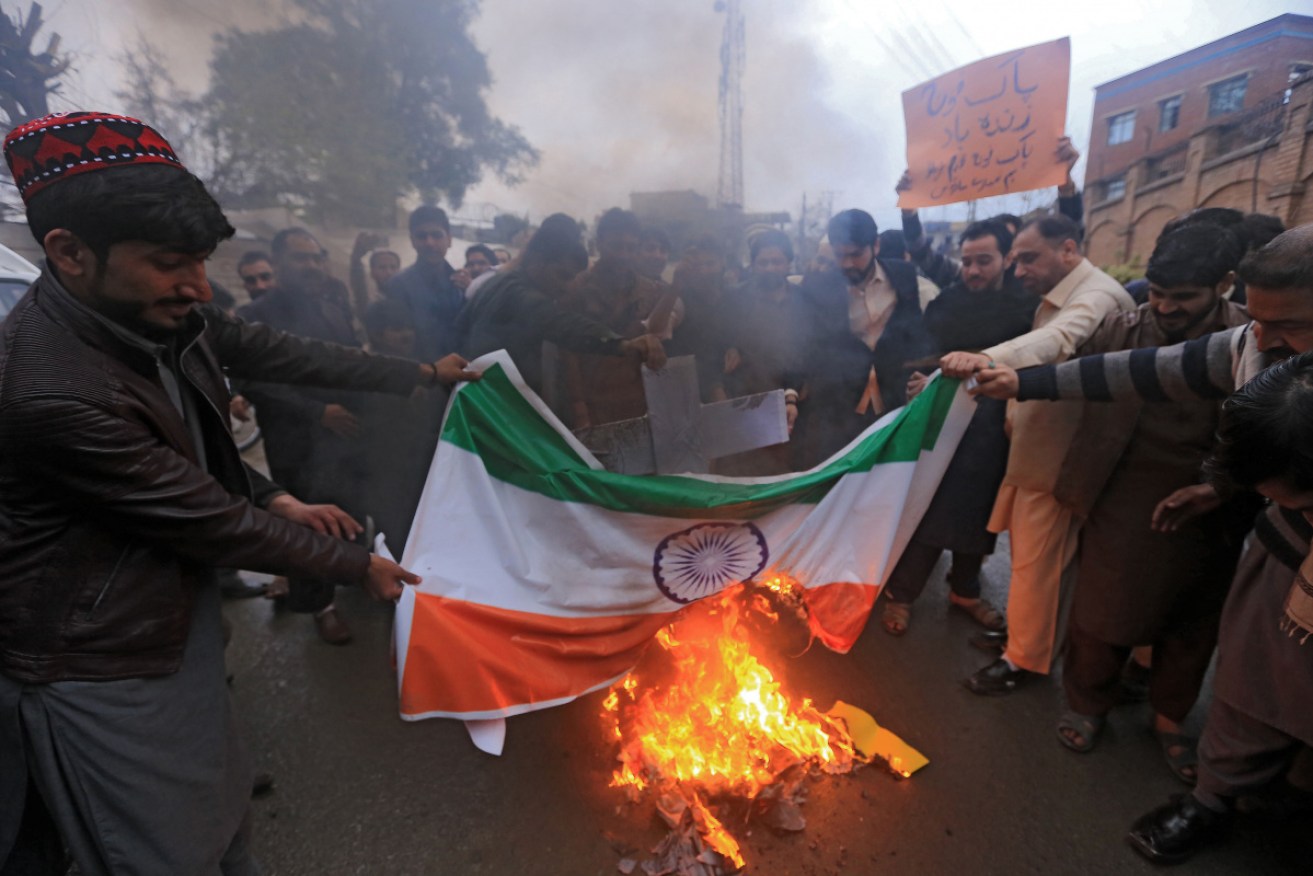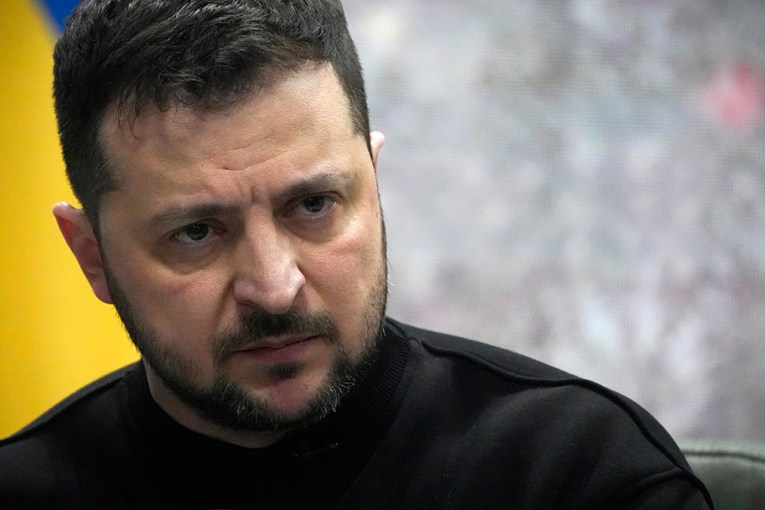Indian-Pakistan tensions escalate after cross-border air strike


Pakistan has warned of retaliation over the Indian air strike. Photo: Getty
Military tensions between nuclear-armed neighbours India and Pakistan have sharply escalated after an airstrike across the Pakistani border prompted an angry vow of retribution.
Late on Tuesday, India’s foreign secretary claimed the country’s air force had launched strikes against a militant camp in Pakistani territory, with an Indian government source saying 300 militants had been killed.
Pakistan has denied any casualties, but said it will act “at the time and place of its choosing” in response to the incursion.
India said the airstrikes hit a training camp used by Jaish-e-Mohammed (JeM), the group that claimed credit for a suicide car bomb attack killed at least 40 Indian paramilitary police in Kashmir on February 14.
The air strike was ordered as India said it had intelligence that JeM was planning more attacks.
“In the face of imminent danger, a pre-emptive strike became absolutely necessary,” Vijay Gokhale, India’s top diplomat, said.
“The existence of such training facilities, capable of training hundreds of jihadis could not have functioned without the knowledge of the Pakistani authorities.”
Breaking: Delhi, Mumbai and five other cities have been put on the "highest alert" for the next 72 hours in anticipation of possible terror attacks in the region by militant groups. (Via Times of India)
— PM Breaking News (@PMBreakingNews) February 27, 2019
Pakistan denies harbouring JeM, a primarily anti-India group that forged ties with al-Qaeda and has been on a UN terror list since 2001.
In December 2001, Jaish fighters, along with members of another Pakistan-based militant group, Lashkar-e-Taiba, attacked India’s parliament. That almost led the two countries to go to war for a fourth time.
Mr Gokhale said “a very large number” of militants were killed in the strike on a training base in Balakot, a town in a remote valley in Pakistan’s Khyber Pakhtunkhwa province, but did not provide a precise figure for the casualties.
The camp commander was Maulana Yusuf Azhar, a brother-in-law of JeM leader Masood Azhar, Mr Gokhale said.
Pakistan downplayed the severity of airstrike, saying its own warplanes had chased off the Indian aircraft, which had released their “payload” in a forested area, causing no casualties and no serious material damage.
Pakistani military spokesman Major General Asif Ghafoor said on Twitter “facing timely and effective response from Pakistan Air Force”, the Indian aircraft “released payload in haste, while escaping, which fell near Balakot. No casualties or damage”.
Payload of hastily escaping Indian aircrafts fell in open. pic.twitter.com/8drYtNGMsm
— DG ISPR (@OfficialDGISPR) February 26, 2019
A meeting of Pakistan’s National Security Committee, which includes Prime Minister Imran Khan, later warned that Pakistan would “respond at the time and place of its choosing”.
Analysts have alleged Pakistani militants have their training camps in the area, although Pakistan has always denied the presence of any such camps.
Australia’s Foreign Minister Marise Payne urged Pakistan to take action against extremist groups, including JEM and Lashkar-e-Taiba.
“It can no longer allow extremist groups the legal and physical space to operate from its territory,” Senator Payne said on Tuesday night.
She also echoed calls from the European Union and China for calm in the region.
“Australia urges both sides to exercise restraint, avoid any action which would endanger peace and security in the region, and engage in dialogue to ensure that these issues are resolved peacefully,” she said.
Indian Prime Minister Narendra Modi, who faces a tight election in coming months, has vowed a strong response to the February 14 attack, the deadliest single assault on Indian forces in 30 years of insurgency in Jammu & Kashmir, India’s only Muslim-majority state.
-with AAP







